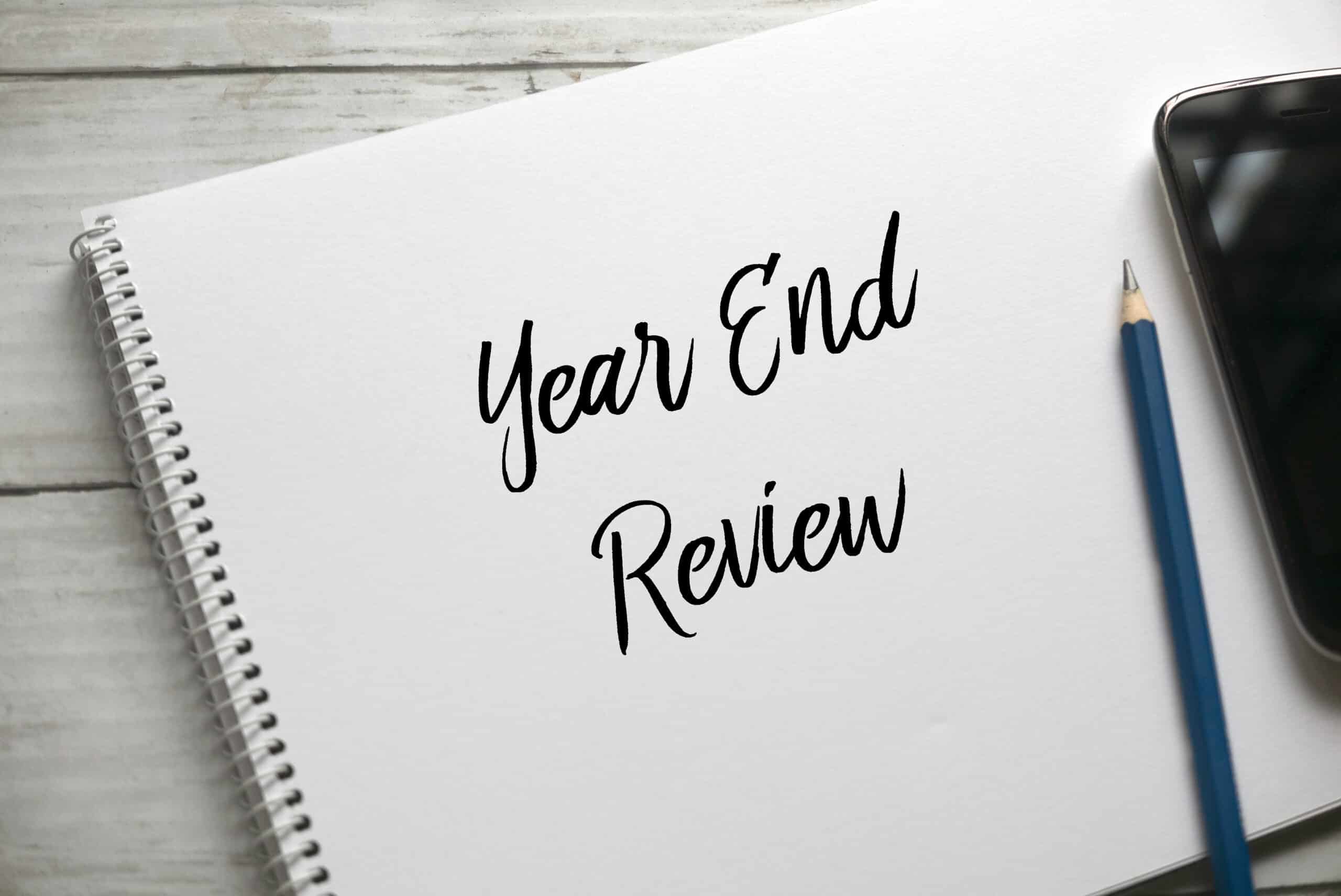Mike Pelfini — 03 November 2024
An end of year review gives leaders the chance to reflect on both successes and lessons learned. Leaders can use the review to begin thinking about the near future and how to engage others along the paths the company will follow to reach its desired future state.
The holiday season will soon be upon us, with all of the joys and pressures it brings. At a time when the final quarter rush of year-end reports and activities hit with full force, it is also a good time to do an end of year review of the highs and lows.
This article identifies ways leaders can prepare the company for it’s near-term future by examining its past 12 months of activity.
Looking back while planning ahead
Start by looking for things that went well, even if they were small things. Take time to look through your calendar – you may be surprised at the things you’ll find. Positive reinforcement is a helpful lever, use it to find “wins” and encourage deeper digging. Review your year month by month and take a few notes as reminders.
You are likely to find some things that went well and other things that didn’t. Ask yourself what you and others can learn from both the good and the things that you would like to have gone better. To paraphrase Martin Seligman, a founder of the “positive psychology” movement, the role of memory is not so much to remember the past as to prepare us for the future. So, let’s prepare. Doing an “autopsy” is not the point, per Dr. Steve Kerr.
Make time to envision the future
After honesty, the most valued quality among leaders is being forward looking, according to the Harvard Business Review. It’s a quality that isn’t as well developed among emerging leaders as other qualities. Only about 3% of a leader’s time is spent envisioning the future, according to the authors.
The problem gets worse at higher levels of management, as operational responsibilities pile up. At the front-line level, managers need to plan for the months after current projects wrap up. Higher levels of management need to plan ever farther into the future – from a few years up to ten years distant, according to Kouzes and Posner.
It takes commitment to carve out time to think reflectively. If you haven’t prioritized the time to attend to more future oriented, strategic thinking, the end of year review is an excellent opportunity to start. One approach is to adopt something like Google’s “20% Time” policy, in which employees are encouraged to spend 20% of their time on projects unrelated to their main duties. This gives people the head space to engage in innovative thinking, which leads to developing products and services like Gmail, Google News, AdSense, and many others.
The amount of time available for this kind of effort will vary, but consistency and focus matter more. What can you accomplish if you dedicate just two hours per week (5% of a 40 hour schedule) to planning for the future? Start by looking over the notes from your review of the past year. What things went well? What things point toward future successes? What lessons can be applied in the coming year?
Sharing the vision and enlisting people to create the future
Being a chief executive or business owner can often feel isolating. A desired future state for the company – its well-stated vision of where the company is heading – is more likely to be attained if the key stakeholders who will be doing the work have participated in shaping that vision. The best way to make that happen is to involve people in the process.
“[W]hat leaders struggle with most is communicating a vision of the future that draws others in – that speaks to what others see and feel”, per this HBR article.
Leaders shouldn’t “put too much stock in their own prescience,” according to the HBR. They need to avoid “posing as emissaries from the future” when presenting their plans. Instead, leaders should be listening to the aspirations of their team members, who want to know how the future will include them.
The best way to start is by talking to people and listening to their concerns, “observing the human condition,” as the HBR puts it.
The end of year review is a good way to put the process in motion. Take a look at your end of year notes again. Who were the people involved? What motivates them? How can you include other stakeholders next year? How can you help them do even better?
The end of year review is a good chance both to reflect on the past 12 months and to prepare for the year to come. Make time to think strategically, and be sure to include the people who will help create the future.
Copyright ©️ 2024 by Mike Pelfini. All rights reserved.
==============================================
ForeMeta offers breakthrough leadership coaching to develop CEO self-leadership and leading teams and organizations. We offer both individualized coaching or group coaching to help leaders and their people achieve greater success. To get in touch with us, click here.


